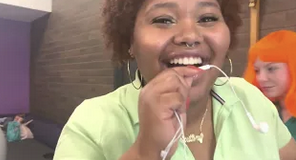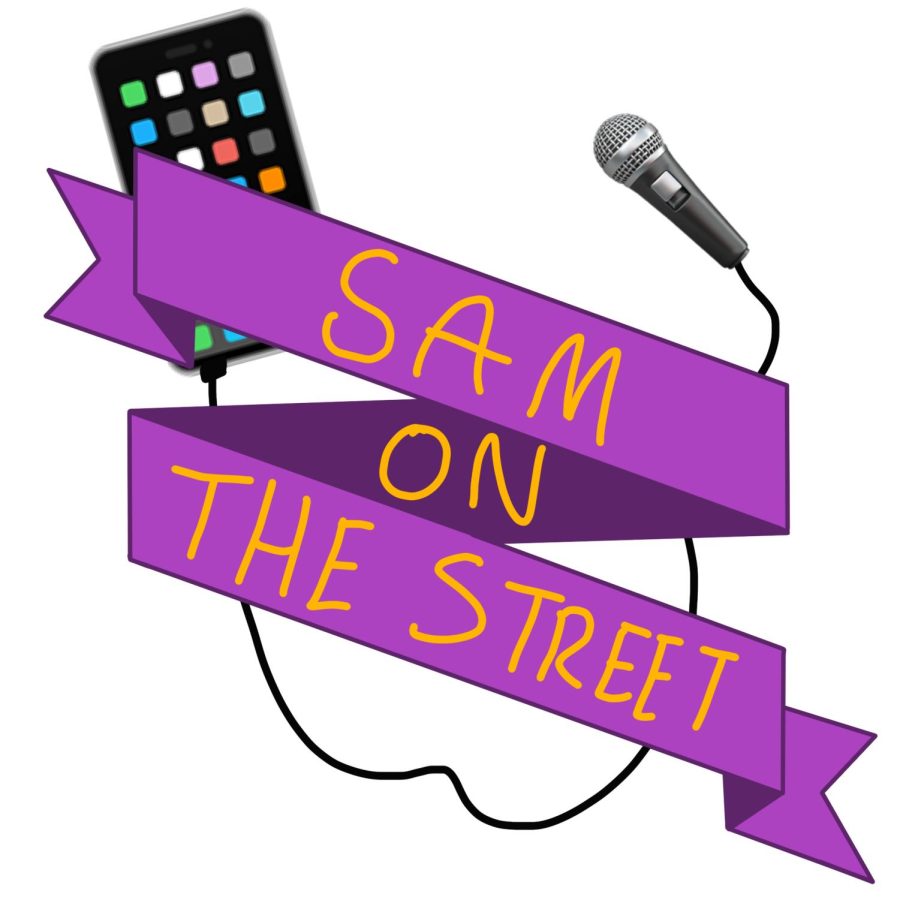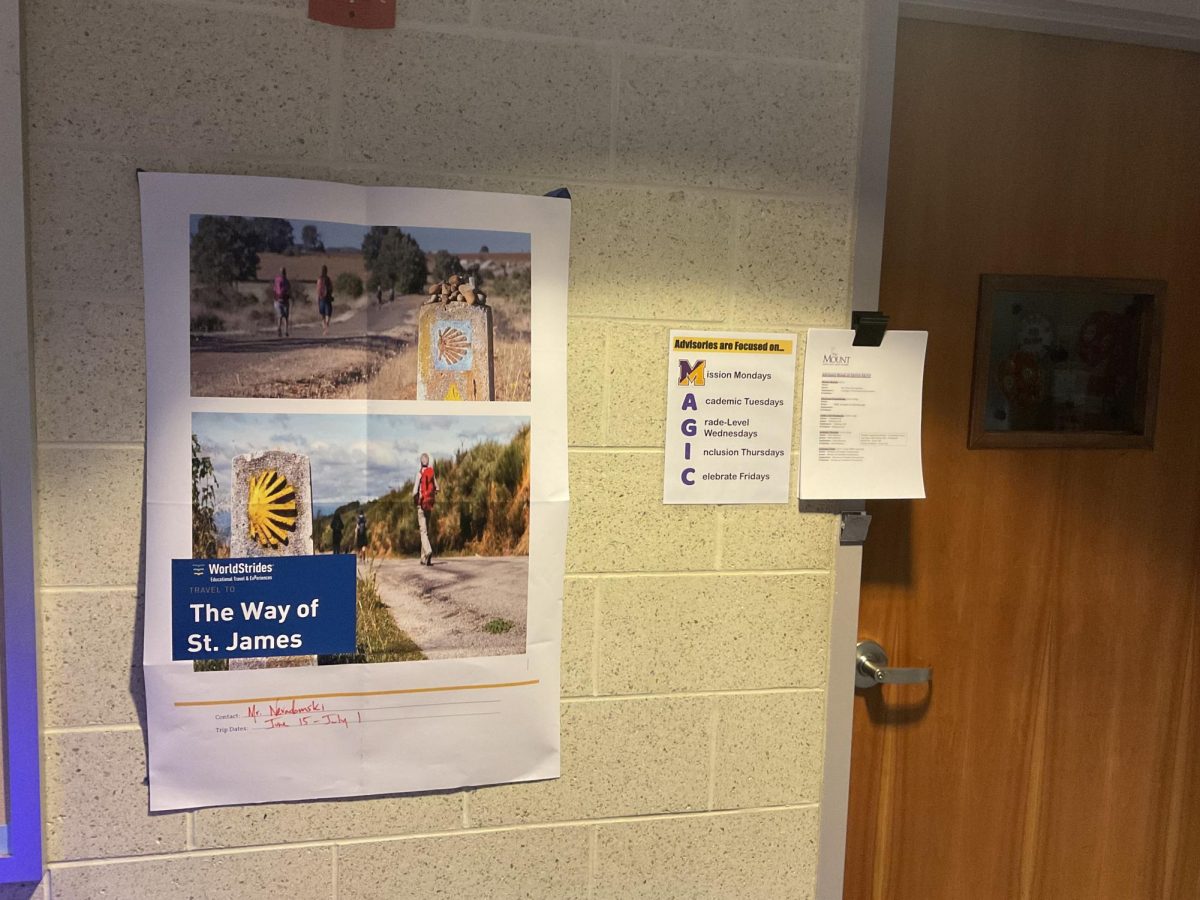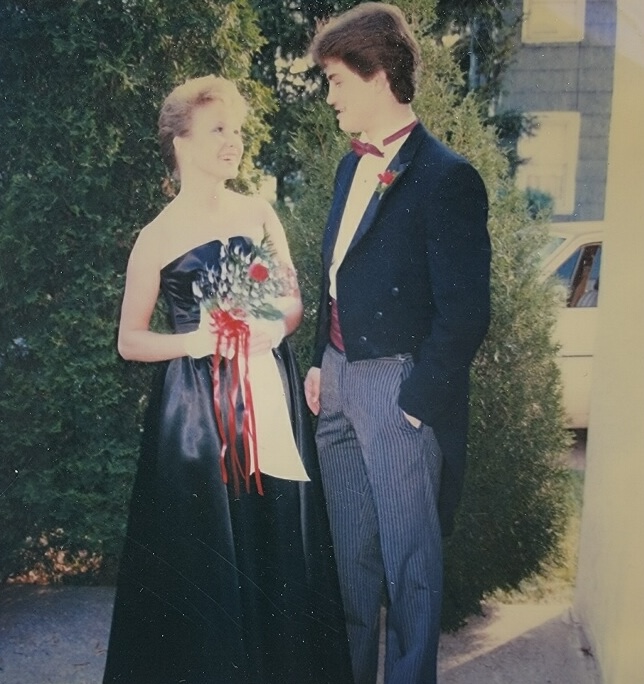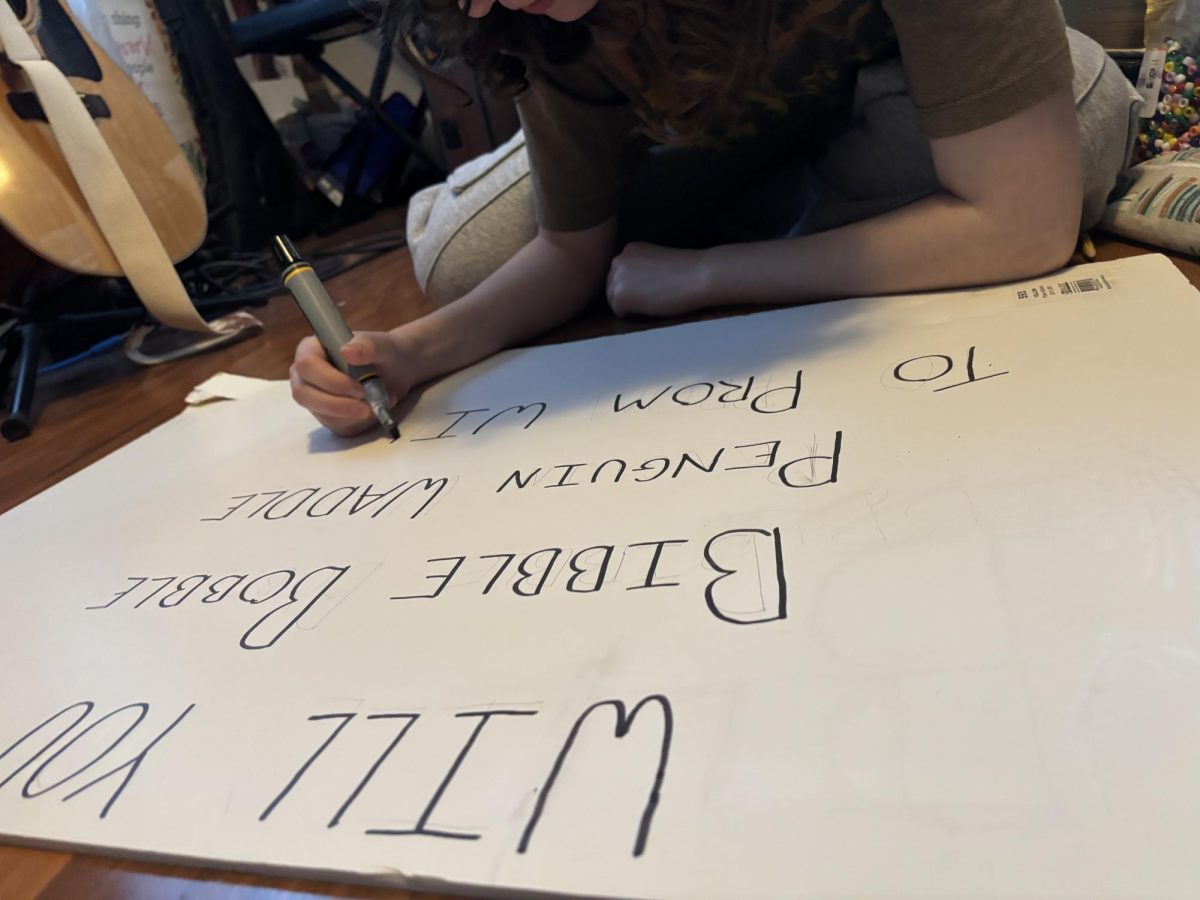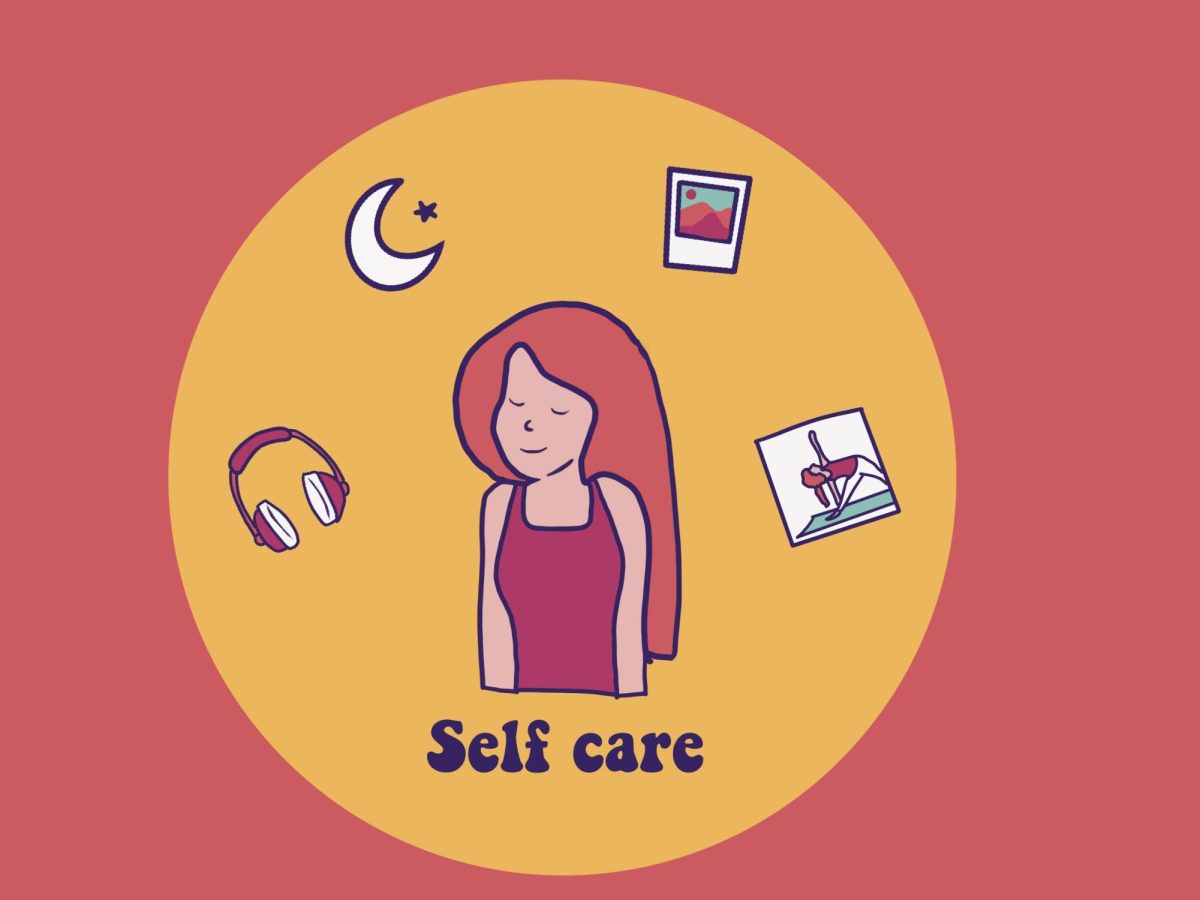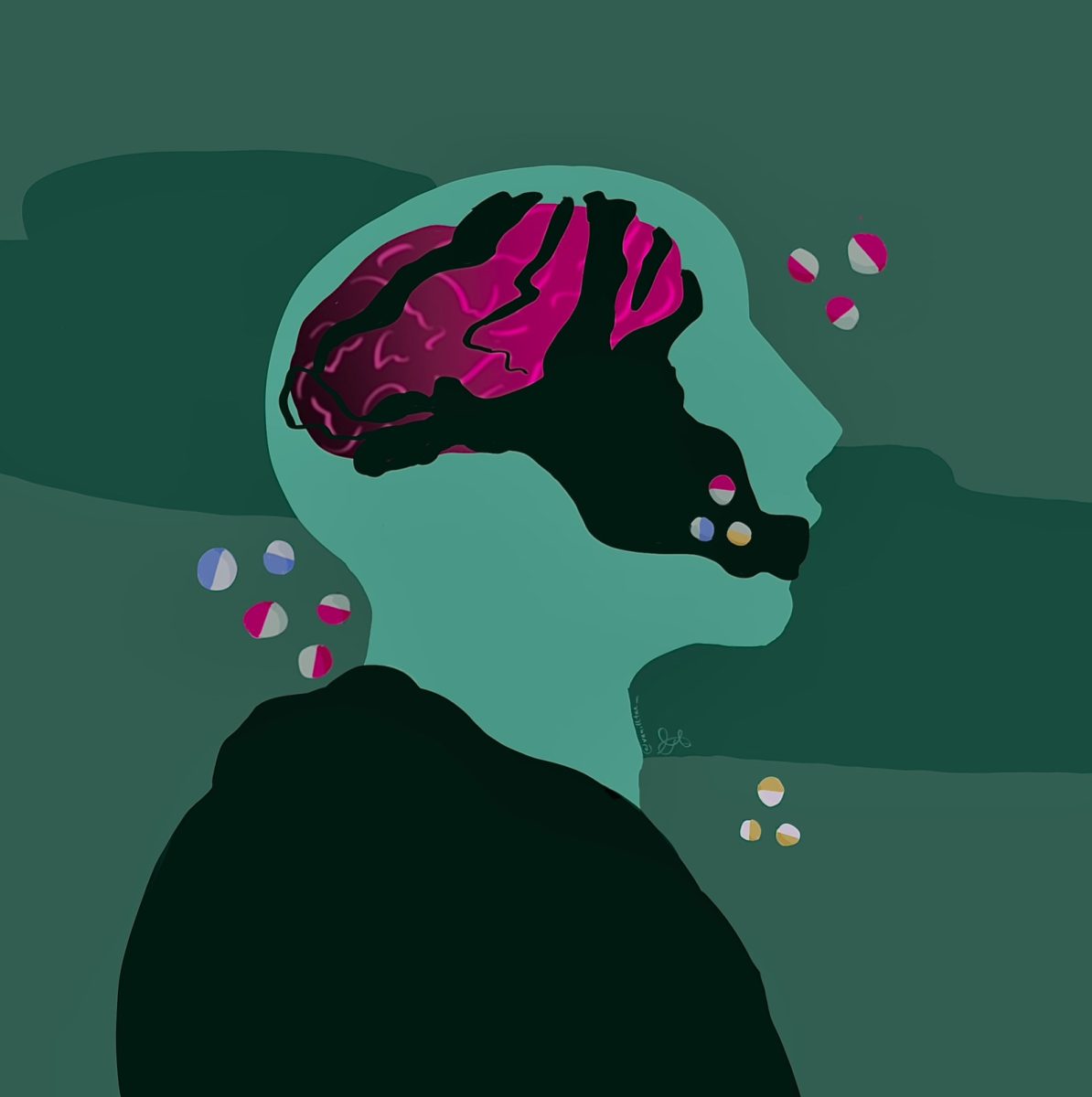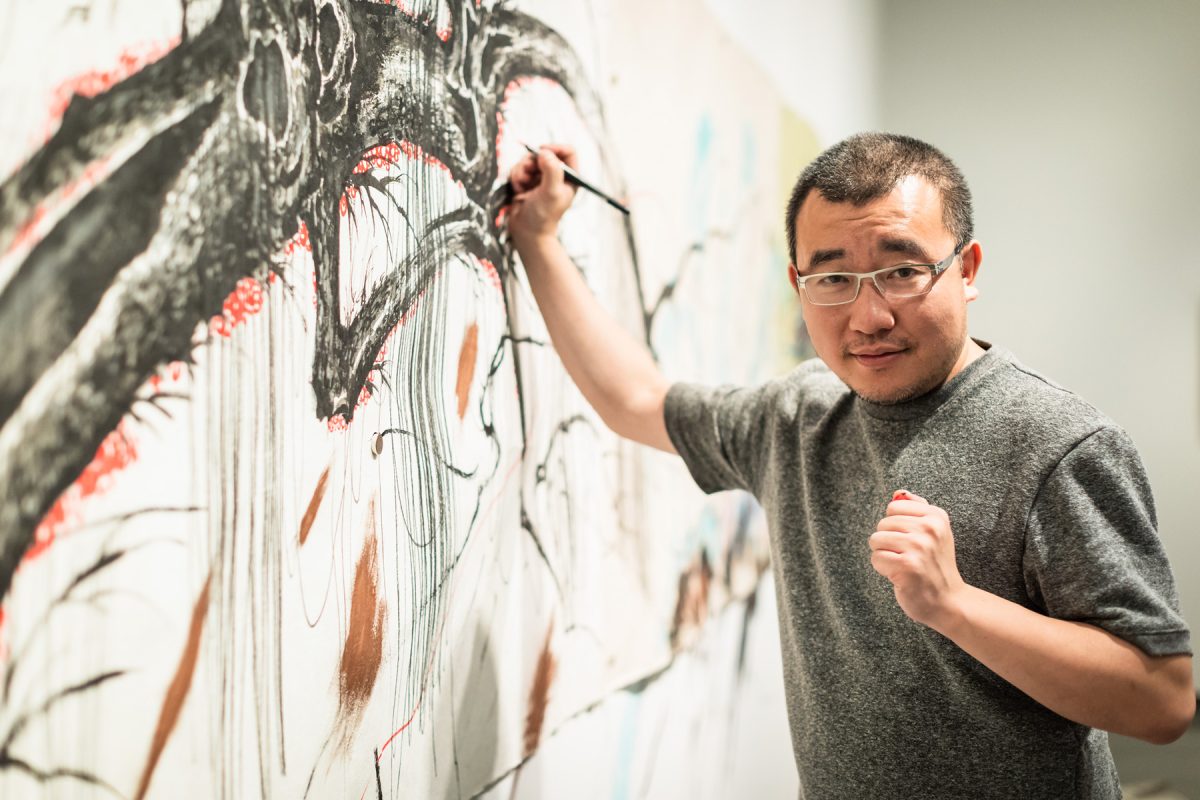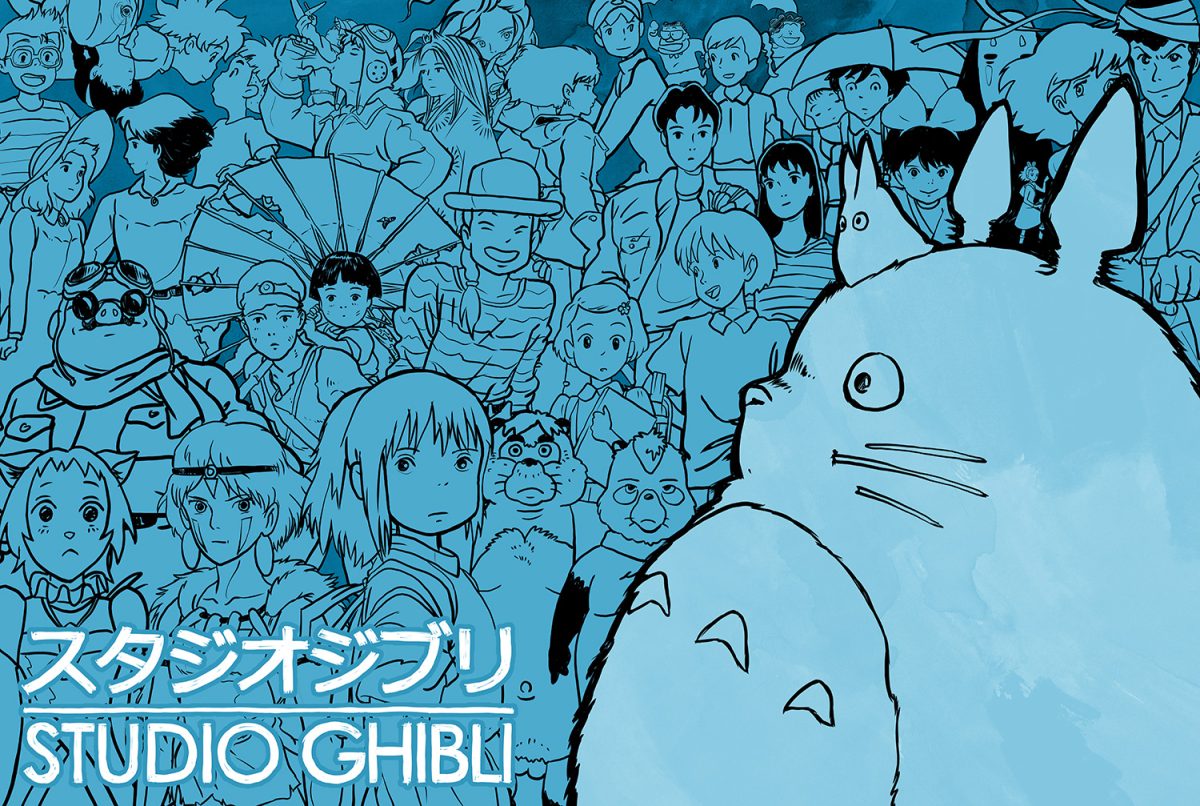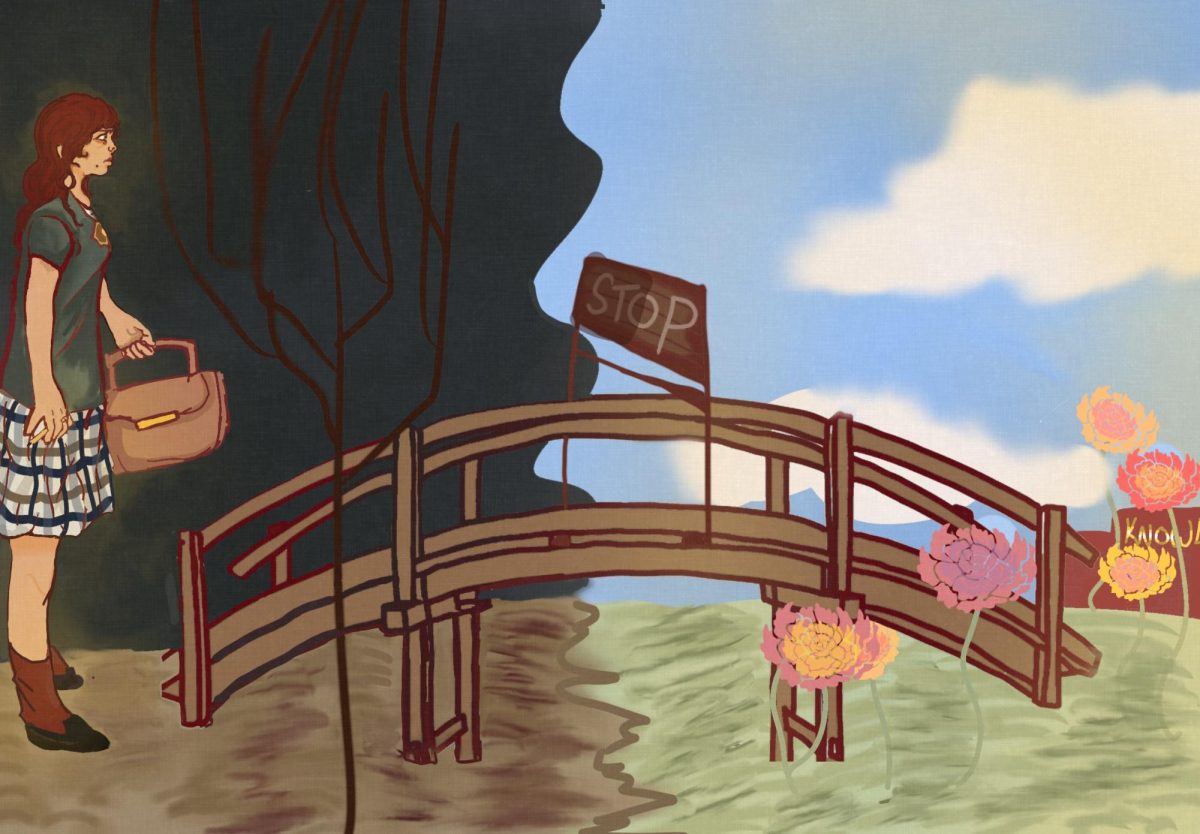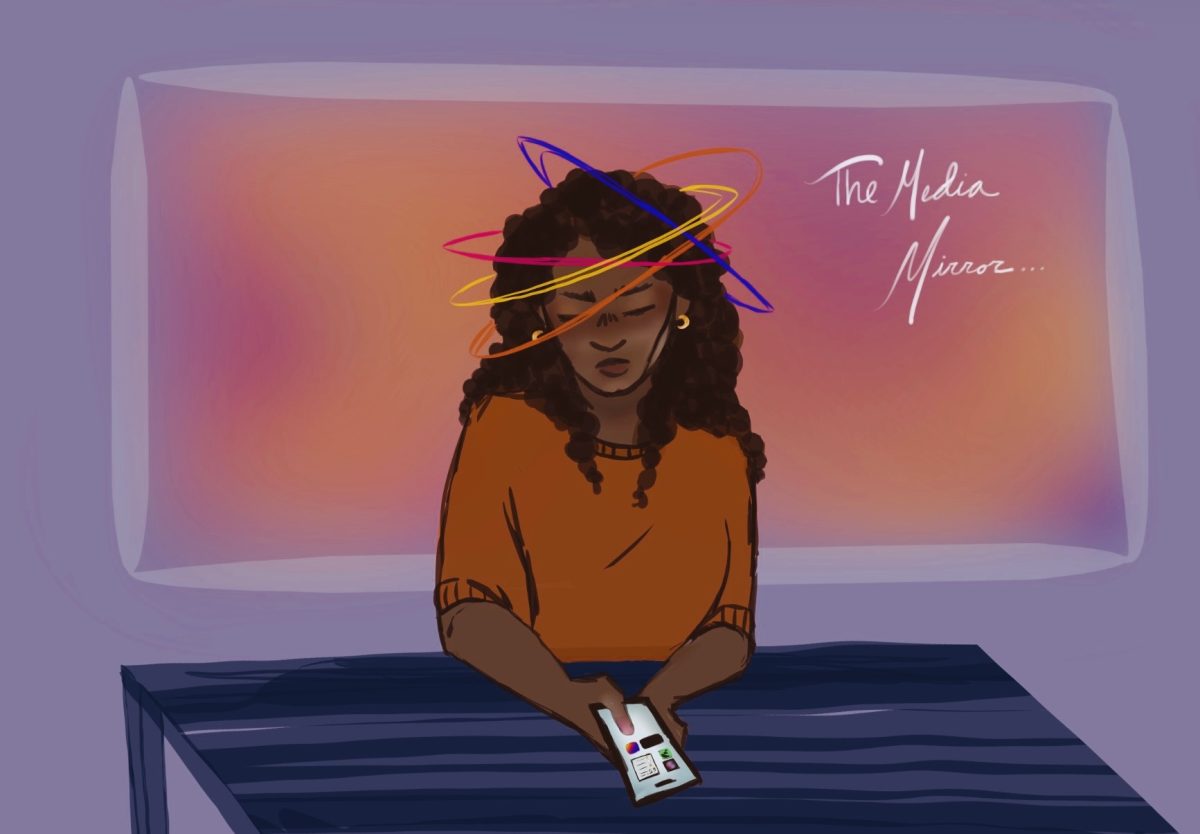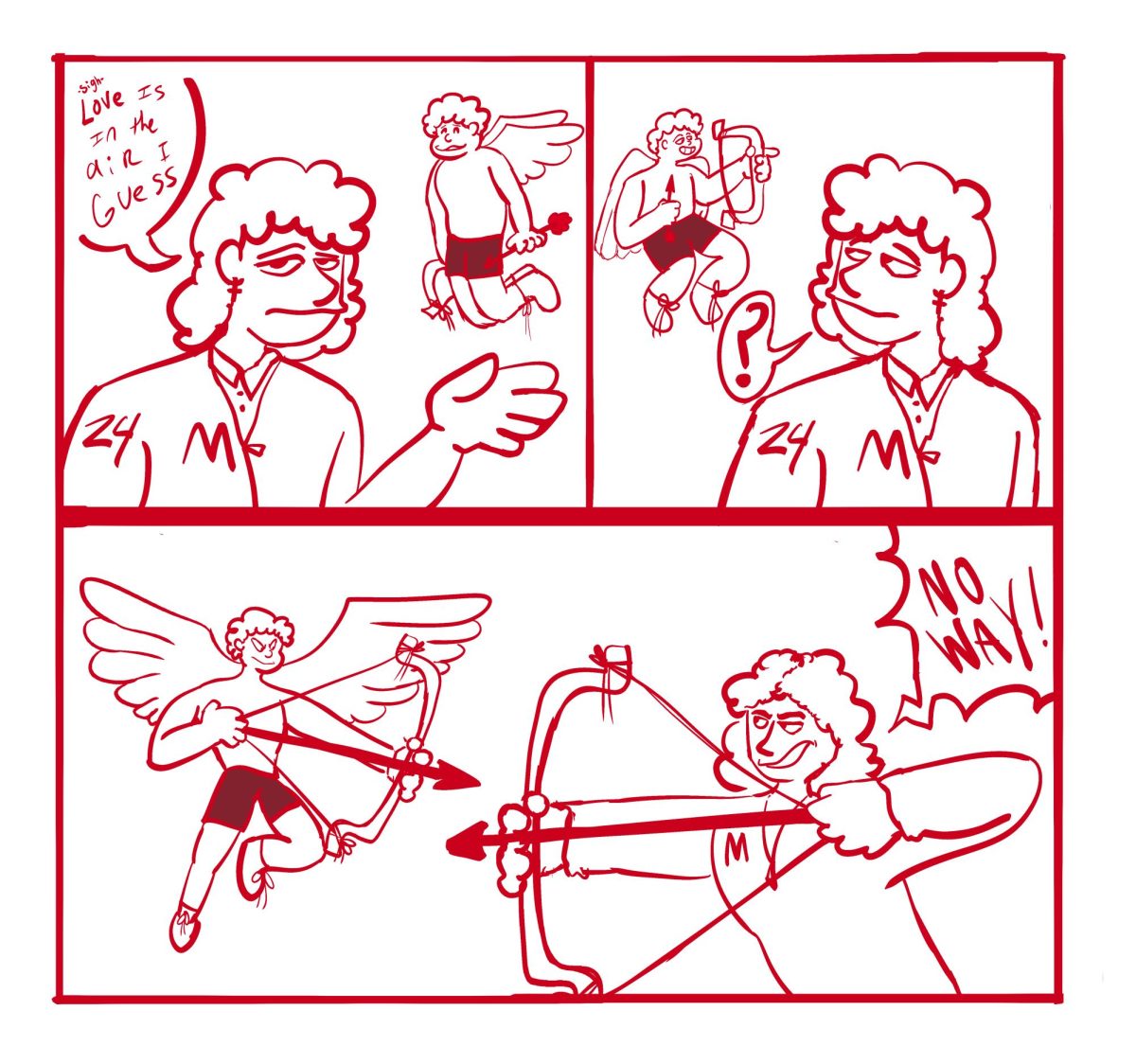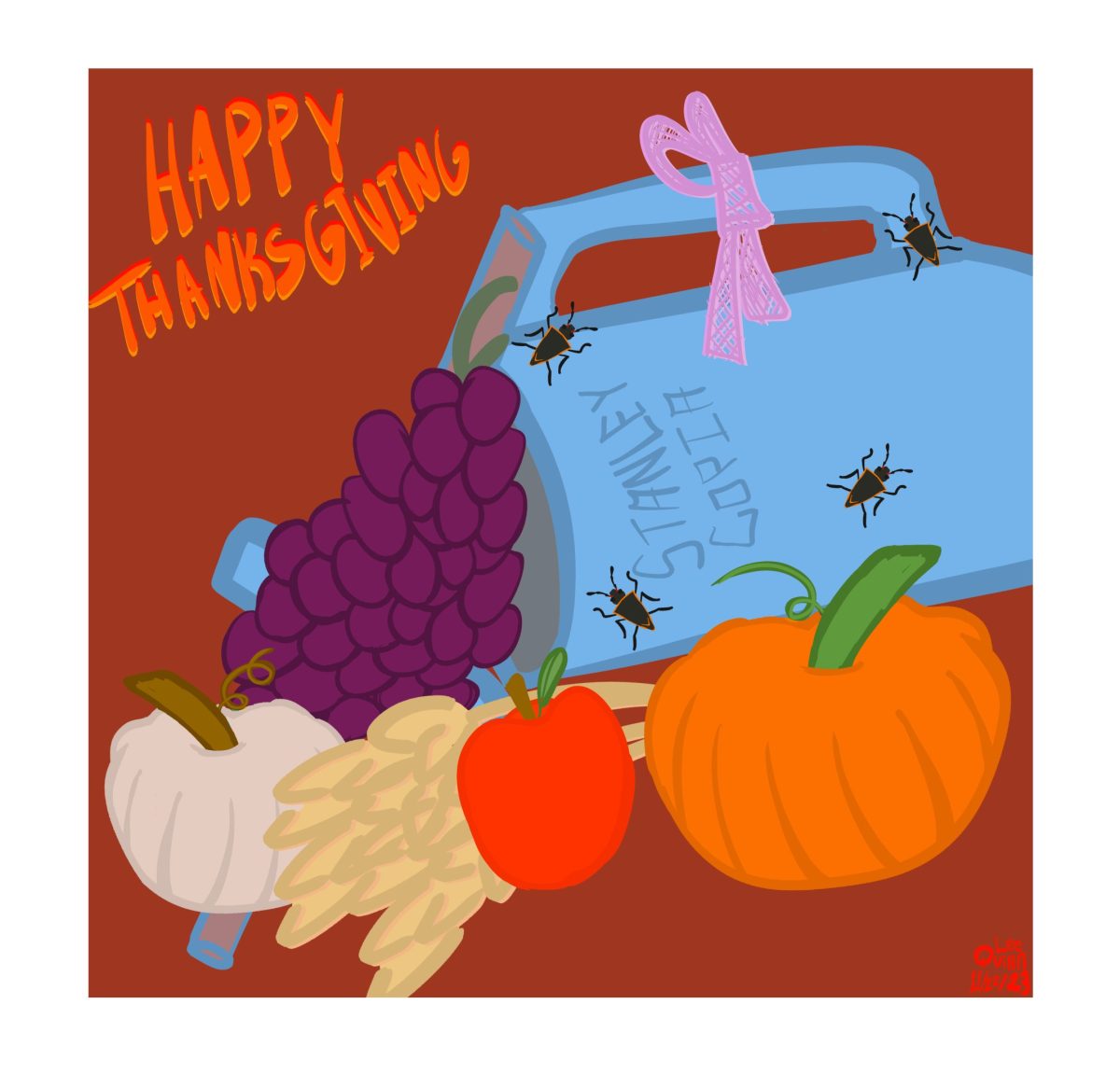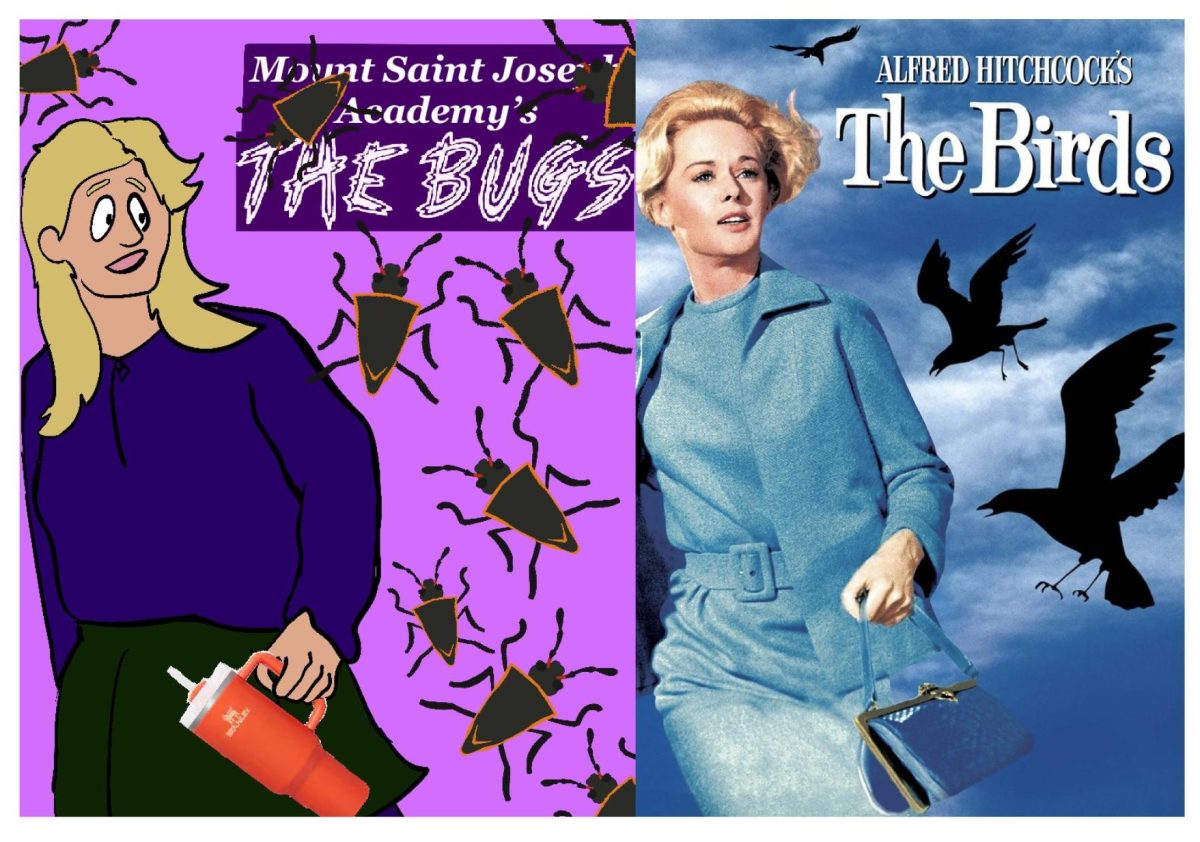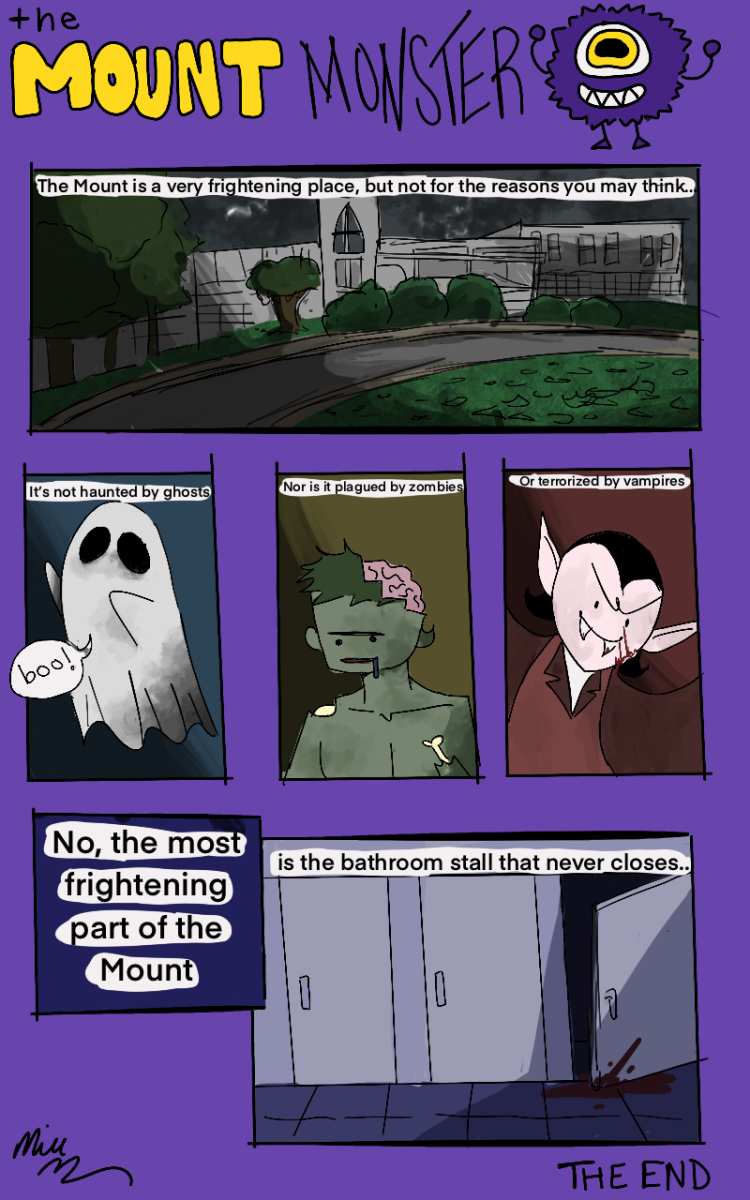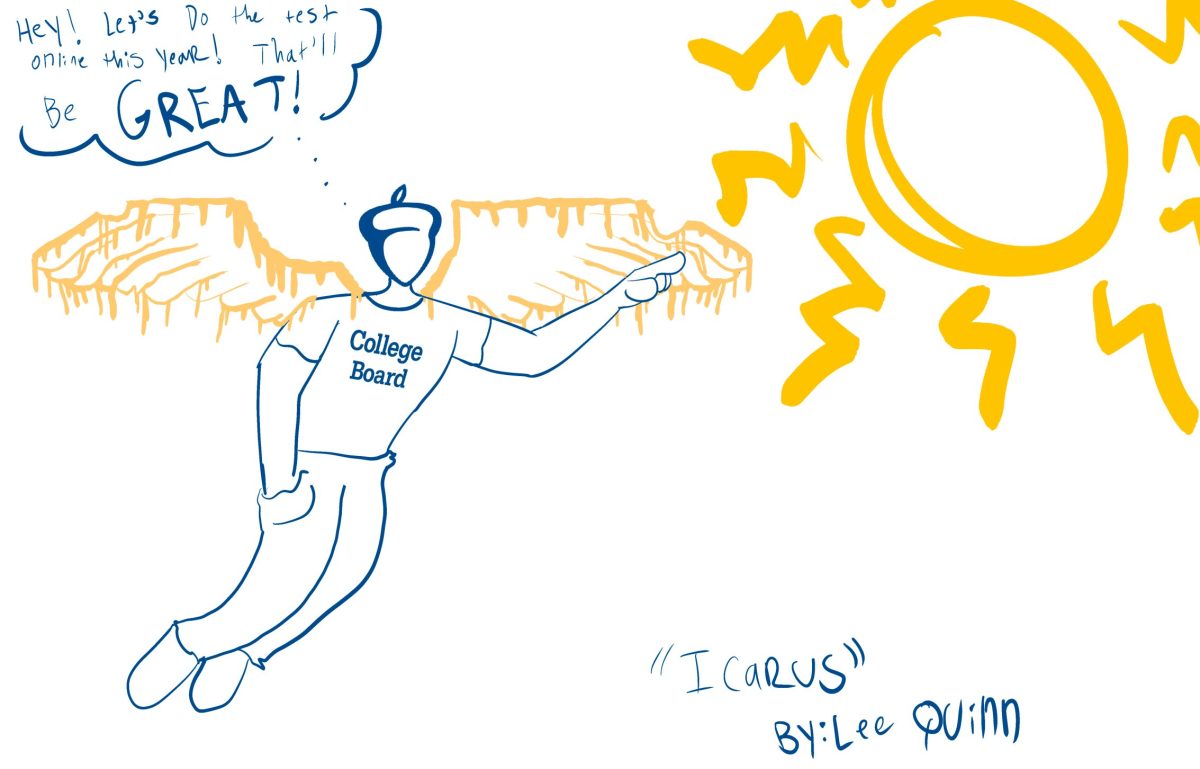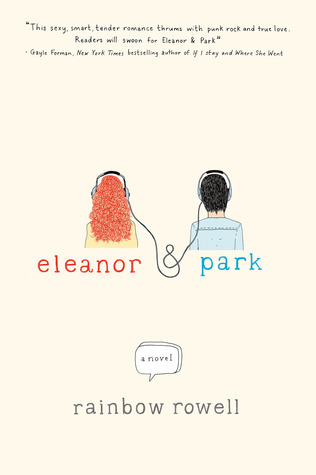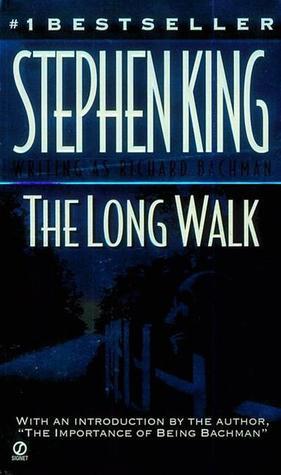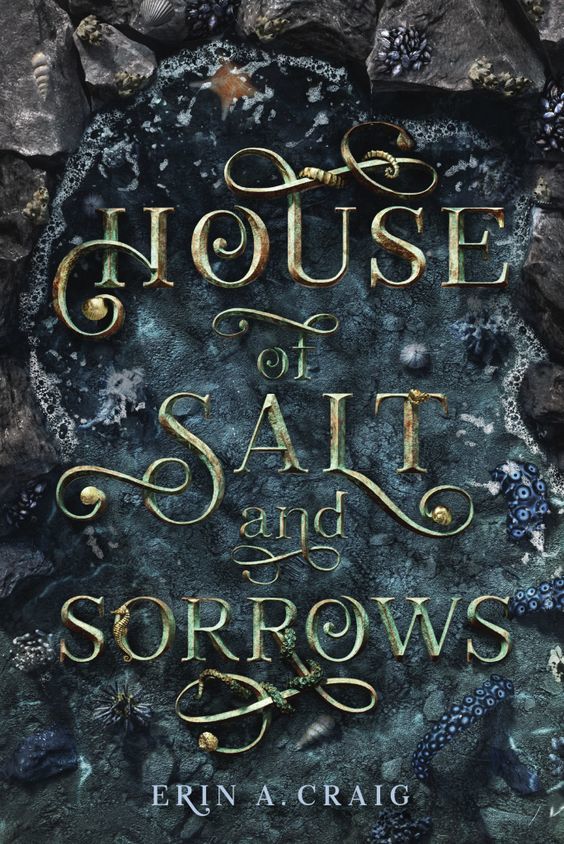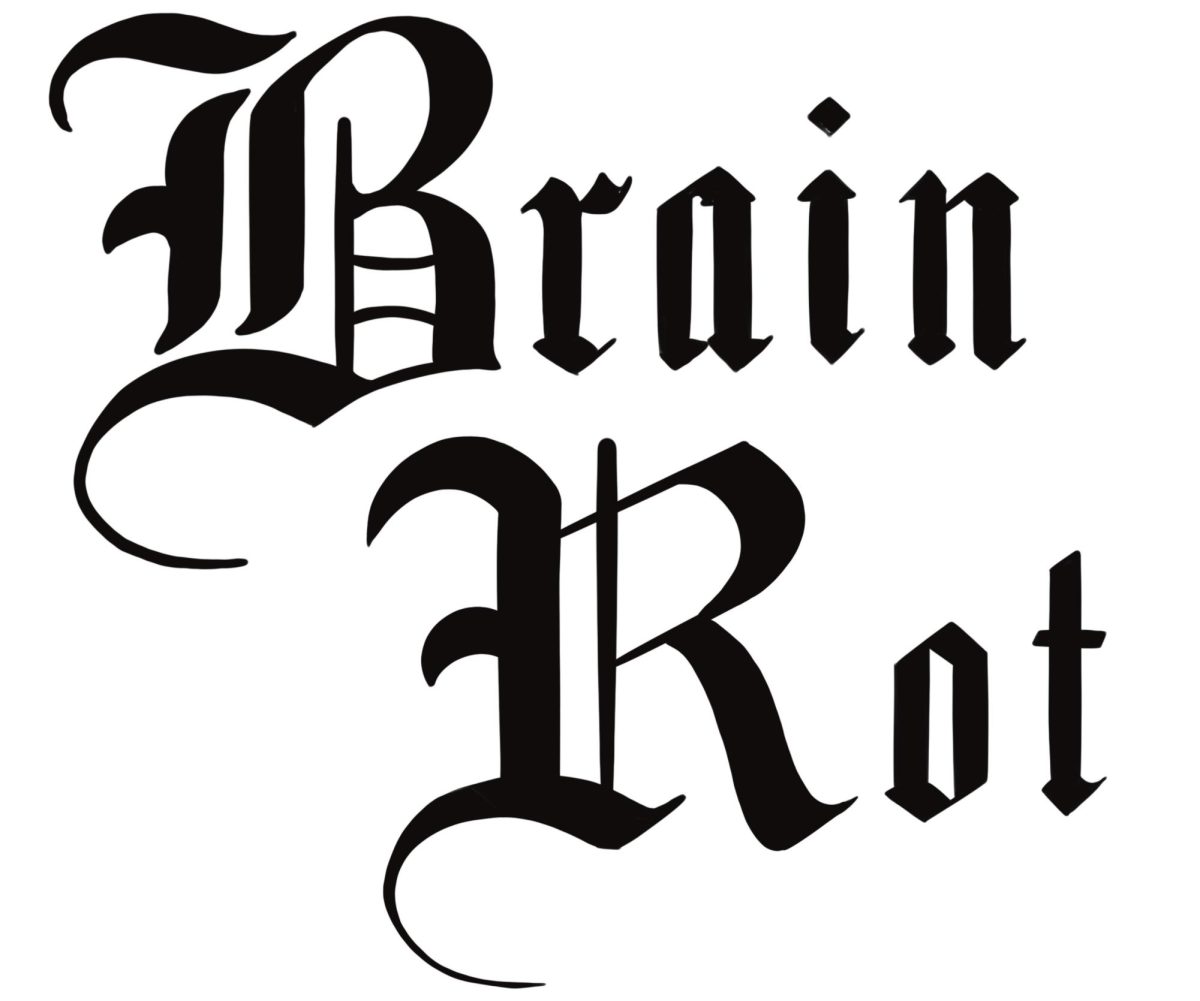On Monday, December 2nd, Oxford University chose the Word of the Year 2024: “brain rot.”
According to the Oxford English Dictionary, “brain rot” refers to the “supposed deterioration of a person’s mental or intellectual state, especially viewed as a result of overconsumption of material (now particularly online content) considered to be trivial or unchallenging. Also: something characterized as likely to lead to such deterioration.
The process for choosing the Word of the Year has evolved over the years, but today involves the research of Oxford University lexicographers, who create a shortlist of words that the public then votes on. This year, the shortlist of words, in addition to brain rot, included “demure,” “dynamic pricing,” “lore,” “romantasy,” and “slop.”
The common thread between all of the shortlisted words is their prevalence on the internet. The lexicographers at Oxford University selected the words based on their increased usage in the public lexicon, especially in online spaces.
“Like when people say ‘I’m just a girl.’ It’s funny for a second, but it’s actually really harmful to us. We have to see ourselves as more than ‘just a girl,” Molly Cherico ‘25 said.
Cherico’s comment points to a larger trend in society this year: the romanticization of online mindlessness, with trends like bed rotting and rawdogging flights making headlines.
When Thoreau first used the term in 1854, he used it to refer to the degradation of complex ideas within society, and the ways that this discourages people from intellectually challenging themselves and understanding the world around them at a more dimensional level.
“It’s ironic that it came from Thoreau because the world of the 1800s prevoided such a small fraction of the amount of nonsense that we are exposed today,” said Ms. Iafrate.
In 2024, trends like “I’m just a girl,” have been used to simplify complex ideas developed in the last century, such as intersectional feminism. In turn, dangerous rhetorics of the past, such as gender essentialism, have been able to rise.
“I feel like the human mind is capable of so much if it is given the tools to sharpen it. The fact that we’ve become so engrossed in senseless content…that’s not something that we should be promoting,” Violet Binczewski ‘26.
Just as Thoreau advocated for an active intellectual presence in order to counteract the complacency, or brain rot, of his society, perhaps it is time to look inward at our own complacency in creating a culture where a word that refers to the literal deterioration of the mind can become so commonplace that it is named Word of the Year.















